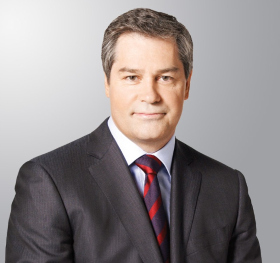Add Régie de l’assurance maladie du Quebec (RAMQ) to the list of provincial health bodies still referencing diagnostic codes that classify homosexuality as a mental disorder.
According to a report in Le Journal de Québec, officals at RAMQ plan to update the list but have been unable to do so due to old computers.
“We have an old computer system and we must continue for now to use the ICD-9,” said Daniel Tremblay of the General Secretariat of the RAMQ.
ICD-9, the International Classification of Diseases (ICD) developed by the World Health Organization, was published in 1977 and has since been updated to ICD-10. The 10th edition, with homosexuality removed, was published way back in 1992.
Here’s the list as it presently appears on the RAMQ site:
No word yet how many times doctors in Quebec may have used the code to bill the province, but we will be following up on this story.

Yves Bolduc, Quebec’s minister of health and social services
As we previously noted, when Alberta Health Minister Gene Zwozdesky announced that homosexuality had been struck from his list “in eight minutes,” what he’d actually removed was a single page from a 307-page pdf. Alberta continues to use the 1977 edition of the World Health Organization’s list (pdf), albeit with a missing page.
Perhaps once Quebec’s minister of health and social services, Yves Bolduc, updates his systems to Windows 98 he could borrow Zwozdesky’s digital liquid paper? Or maybe Justice Minister Kathleen Weil has a laptop he can borrow.
(h/t Slap Upside the Head)
 Why you can trust Xtra
Why you can trust Xtra


